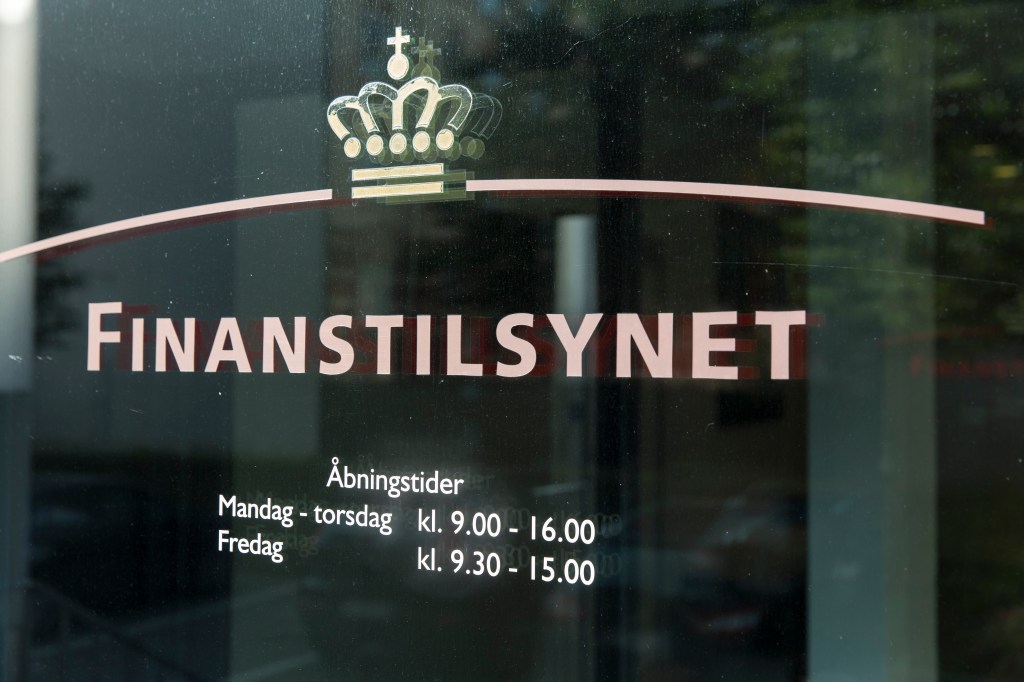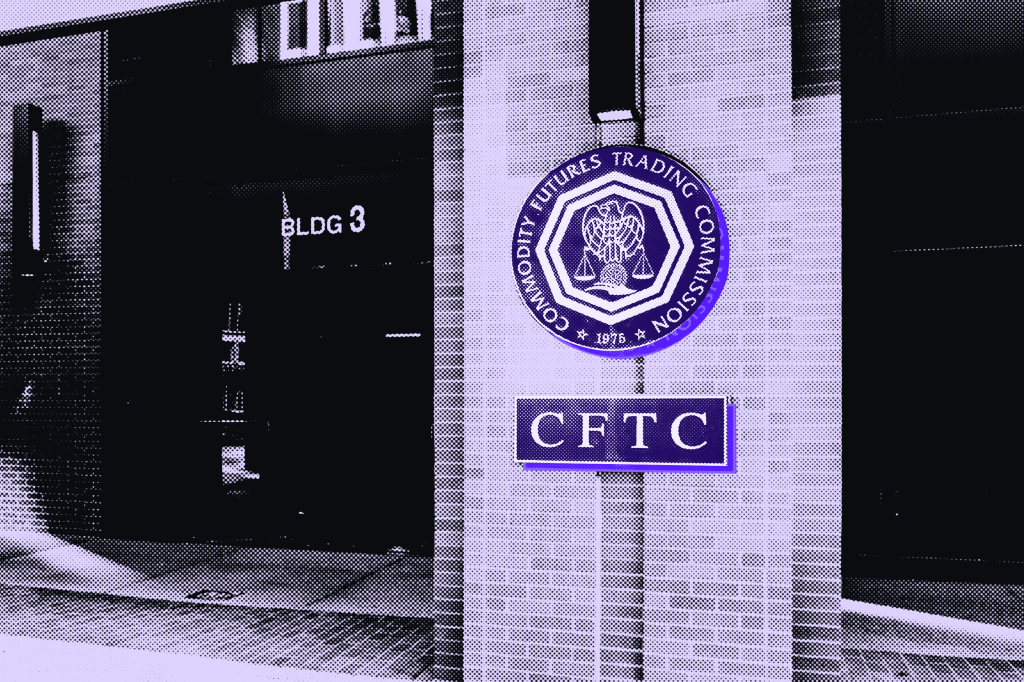On May 13, the special master of a New Jersey federal court recommended that Traders Global Group’s motion for Rule 11 sanctions against the Commodities and Futures Trading Commission (CFTC) be granted.
The following day, that motion for sanctions was granted by US District Judge Edward Kiel, who dismissed the case
Register for free to keep reading
To continue reading this article and unlock full access to GRIP, register now. You’ll enjoy free access to all content until our subscription service launches in early 2026.
- Unlimited access to industry insights
- Stay on top of key rules and regulatory changes with our Rules Navigator
- Ad-free experience with no distractions
- Regular podcasts from trusted external experts
- Fresh compliance and regulatory content every day












